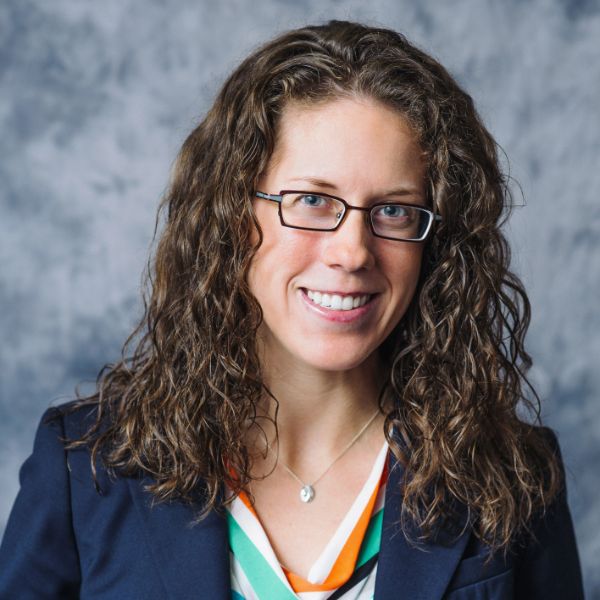We’re profiling the scholarly and service contributions of faculty to their respective disciplines.
Share your updates
If you know of a faculty member receiving an award or honor, please contact us so we can help share the news.
University of Rochester faculty regularly garner regional, national, and international awards and honors for their professional contributions to research, scholarship, education, and community engagement.
As part of an ongoing series, we’re spotlighting their professional accomplishments.
Laura Calvi elected president of American Society for Bone and Mineral Research
Laura Calvi, the SKAWA Foundation Professor in Endocrinology and Metabolism in the Department of Medicine and a leader at the Wilmot Cancer Institute, has been voted president-elect of the American Society for Bone and Mineral Research (ASBMR). She began her three-year leadership tenure at ASBMR on September. The professional organization consists of approximately 4,000 basic research scientists and clinical investigators who focus on bone and mineral metabolism and related fields.
- Read about Calvi’s research and her plans as ASBMR president.
Anaar Desai-Stephens receives American Association of University Women’s fellowship
Anaar Desai-Stephens—an assistant professor of ethnomusicology at the Eastman School of Music and an affiliate faculty member of the Susan B. Anthony Institute for Gender, Sexuality, and Women’s Studies—has received the American Association of University Women’s American Postdoctoral Research Leave Fellowship. The fellowship for non-tenured, tenure-track women faculty members funds eight consecutive weeks of research.
Desai-Stephens is at work on a book project that builds on her 2017 doctoral thesis, Singing through the Screen: Indian Idol and the Cultural Politics of Aspiration in Post-Liberalization India, and is based on nearly two years of ethnographic field work in Mumbai.
- Read more about Desai-Stephens’s current research.
Ray Dorsey honored for breakthrough work in combating Parkinson’s disease
Ray Dorsey, a professor of neurology, received the 2022 Tom Isaacs Award for his Parkinson’s disease research that has led to multiple levels of action in combating the disease. Cure Parkinson’s and the Van Andel Institute honored Dorsey and one of his coauthors, Michael Okun, of the book Ending Parkinson’s Disease: A Prescription for Action. Earlier this year, Dorsey coauthored a paper with the World Health Organization, addressing Parkinson’s as a global health priority.
- Learn about Dorsey’s work at URMC’s Center for Health + Technology.
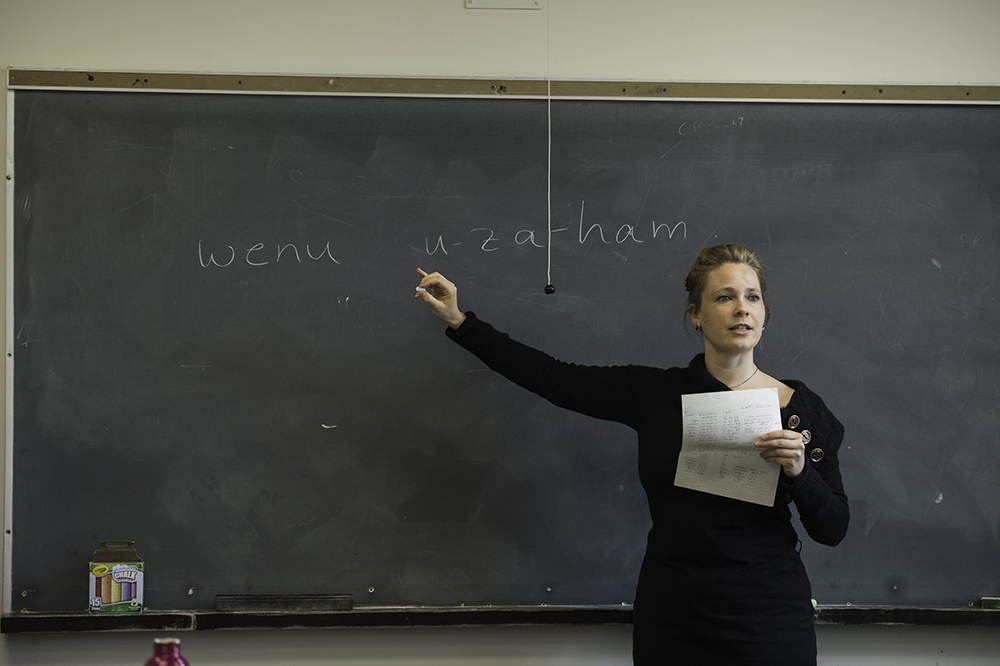
Nadine Grimm’s book on endangered Bantu language garners awards
Nadine Grimm, an assistant professor in the Department of Linguistics, has been named the recipient of the Linguistic Society of America’s 2023 Bloomfield Book Award. The award “recognizes a volume that makes an outstanding contribution of enduring value to our understanding of language and linguistics.” Grimm is being honored for her 2021 book, A Grammar of Gyeli. Grimm spent 19 months in the field conducting research which led to a grammatical description of the Ngòló variety of Gyeli, an endangered Bantu language spoken by 4,000–5,000 “Pygmy” hunter-gatherers in southern Cameroon. As Grimm wrote, “It represents one of the most comprehensive descriptions of a northwestern Bantu language.”
In 2019, the book also received the Association for Linguistic Typology’s Pāṇini Award, which recognizes achievements in the field of documenting the world’s linguistic diversity through the writing of reference grammars.
Grimm directs the Linguistics department’s Language Documentation and Description Program. She also serves as a consultant for the Endangered Language Archive and is a member of the editorial board of the journal Linguistique et Langues Africaines.
- See what Grimm has to say about gaining trust when researching in the field.
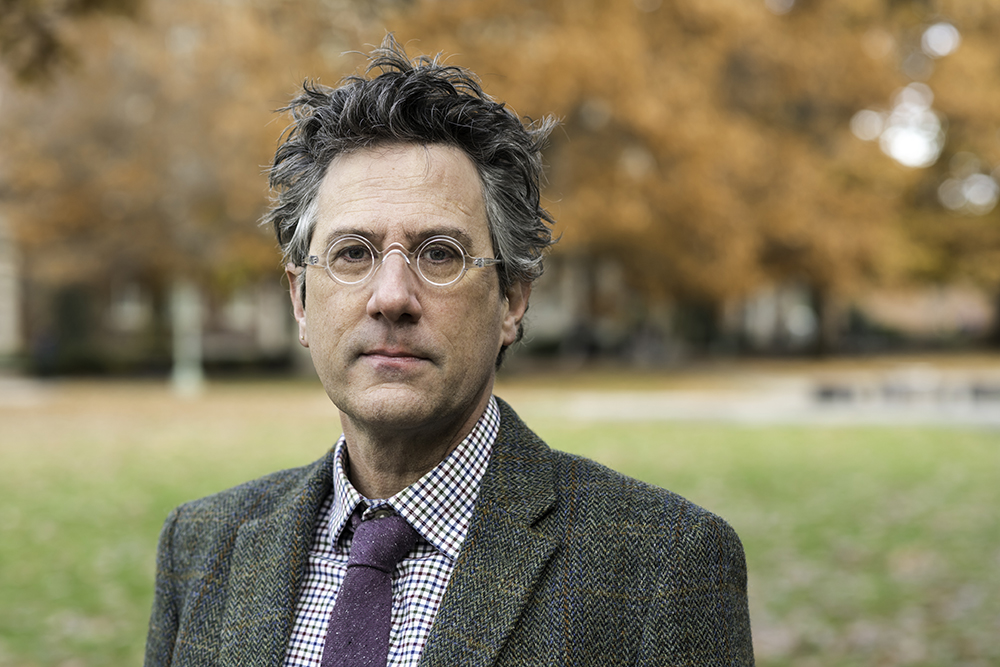
Aaron Hughes awarded Fulbright Distinguished Chair and begins book tour
Aaron Hughes, the Philip S. Bernstein Chair of Jewish Studies and the Deans Professor of the Humanities in the Department of Religion and Classics, has been awarded the Fulbright Distinguished Chair in North American Studies at Carleton University in Ottawa for the 2022–23 academic year. While at Carleton, he plans to complete a biography of the Canadian Charter of Rights and Freedoms (the country’s constitutional bill of rights); and to work on a new project, “The Inconvenient Muslim.” The latter situates contemporary legal and political discourses about Muslims at the heart of a historical inquiry. Less about actual Muslims, it aims to show how modern nation states think about religious alterity using Muslims as a catalyst. The “inconvenient Muslim”—everywhere yet nowhere, named but nameless—is what enables western nations to invest or deprive groups of a set of imagined characteristics that are of the state’s own making.
In November, Hughes, a native of Canada who received his undergraduate degree from the University of Alberta, embarks on a tour for his book 10 Days that Shaped Modern Canada (2022). The book has become a top-selling work of nonfiction for Canada’s biggest bookstore, Indigo. Hughes also took part in LitFest, Canada’s Original Nonfiction Festival.
- Get in touch with Aaron Hughes.
Rose Kennedy selected as one of 20 Packard Fellows nationwide
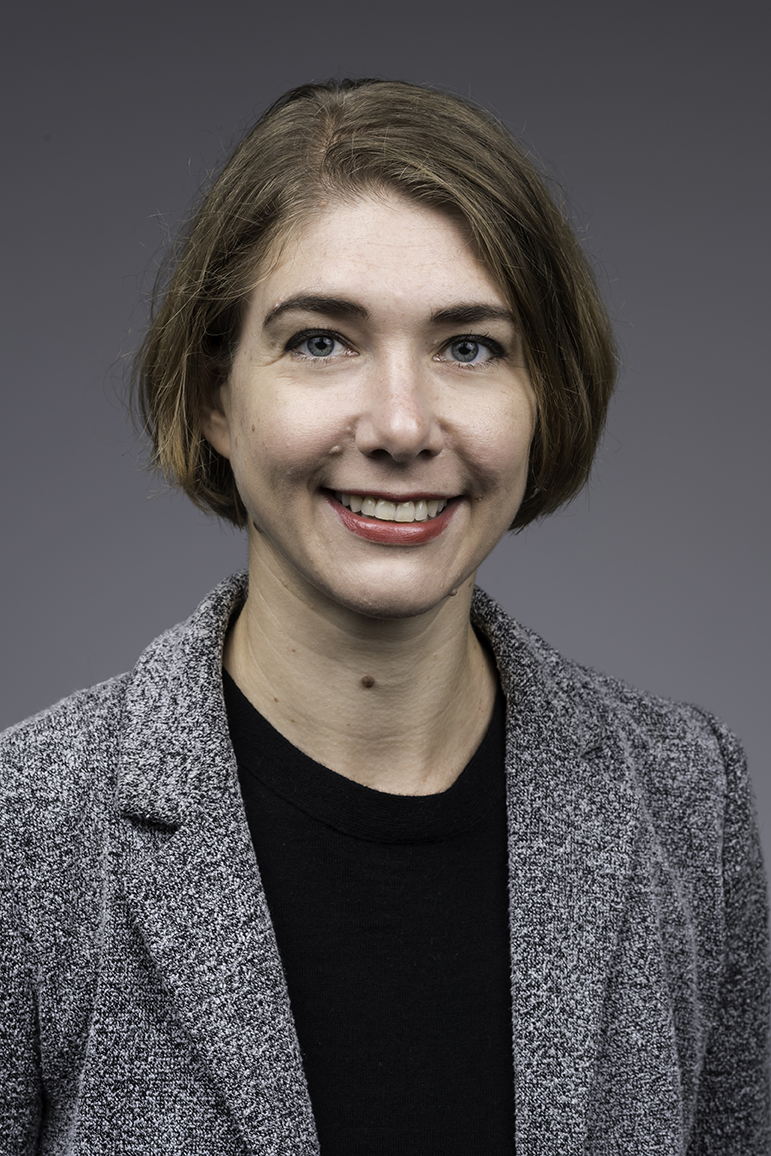
Rose Kennedy, an assistant professor in the Department of Chemistry, has been named a 2022 Packard Fellow by the David and Lucile Packard Foundation. The fellowship annually honors 20 science and engineering professors across the United States who are pursuing research early in their careers. Each fellowship is accompanied by an individual grant of $875,000, distributed over five years.
Kennedy’s research focuses on synthetic chemistry and developing unconventional and sustainable strategies for producing innovative building blocks and materials. A current project includes developing more sustainable catalytic methods. Catalysis—accelerating the rate of a chemical reaction or promoting an entirely new reaction by introducing a substance known as a catalyst—plays a crucial role in chemical discoveries in biomedicine, agriculture, energy, and other fields. However, this process often relies on the use of rare, precious metals and generates substantial chemical waste.
Kennedy and the members of her lab develop methods that use sustainable elements as catalysts to temporarily remove a molecule’s functional groups—arrangements of atoms that determine the molecule’s behavior—and reinstall them elsewhere in the molecule to change the molecule’s overall properties and applications. The sustainable elements Kennedy uses as catalysts include nickel, copper, and iron, which are abundant on Earth. This approach provides a traceless and waste-free alternative to many unsustainable chemical synthesis practices.
- Check out the latest from Kennedy’s research group and follow them on Twitter.
Duncan Moore recognized for advancing entrepreneurship at universities
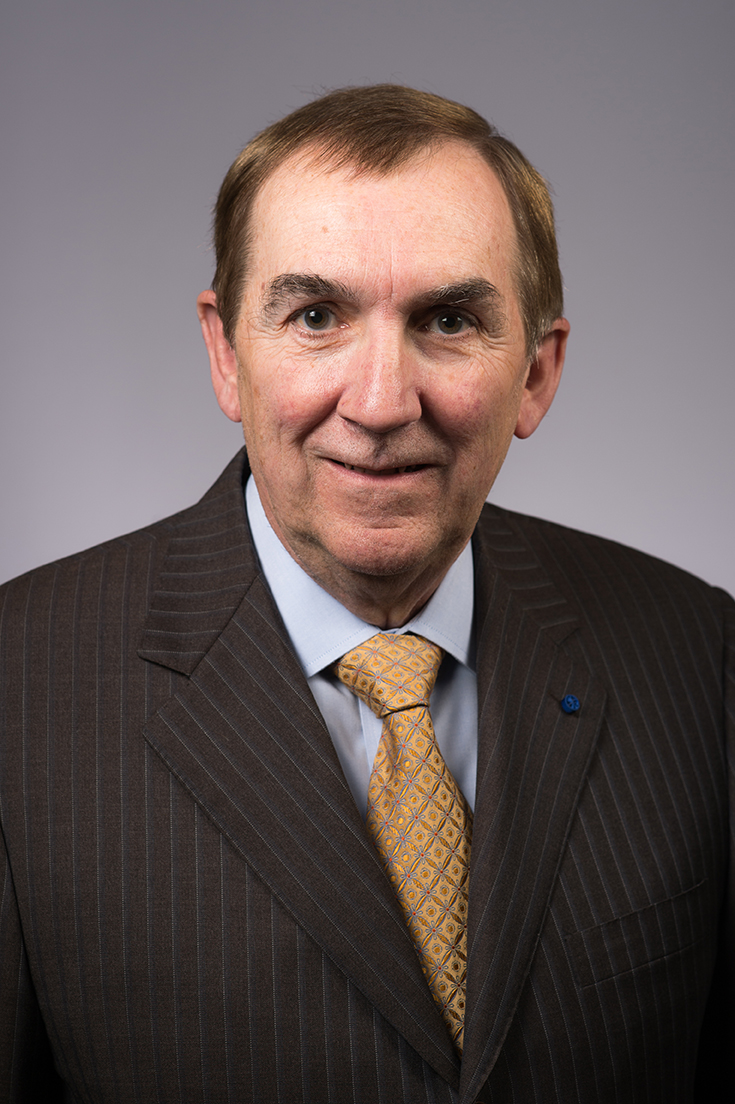
Duncan Moore ’74 (PhD), the vice provost for entrepreneurship and the Rudolf and Hilda Kingslake Professor of Optical Engineering, received the Legacy Award from the Global Consortium of Entrepreneurship Centers. The award recognizes pioneers in advancing entrepreneurship at universities, including the creation of high-impact centers.
Moore, the founder of Gradient Lens Corp., has been instrumental in building the University’s Ain Center for Entrepreneurship and Innovation from inception into one of the best in the country. From 2004 to 2009, he was responsible for an initial $3.5 million Ewing Kauffman Foundation grant, matched with $7 million from the University, that launched the center. In 2006, Moore was appointed director for entrepreneurship, and the following year, vice provost for entrepreneurship.
Under Moore’s direction, the center, named in honor of benefactors Mark S. Ain ’67S (MBA) and Carolyn Ain, provides mentorship, training, and support in many ways. In addition to classes and guest speakers, the center offers programs such as the University of Rochester Student Incubator at NextCorps, a National Science Foundation Innovation-Corps (I-Corps) mentorship program, several student business plan competitions, the e5 program for select undergraduates looking to launch an enterprise or intern at a startup, and the Technical Entrepreneurship and Management master’s program.
- Discover the Ain Center.
Kerry O’Banion recognized for national contributions to MD-PhD training
Kerry O’Banion, director of the Medical Science Training Programat the School of Medicine and Dentistry and a professor of neuroscience, has received the 2022 MD-PHD National Association Dr. Bert Shapiro Award. The award recognizes an individual who has made significant contributions to physician-scientist training on the national level. O’Banion, who has been Rochester’s MSTP director since 2000, served as a member and chair of the MD-PhD Section of the Association of American Medical Colleges’ GREAT Groupas well as of the National Institute of General Medicine Sciences’ TWD-A study section. He currently serves as an advisor for multiple MD-PhD programs nationwide. He is also a founding Board Member of the American Physician Scientists Association, a student-run organization that promotes careers for physician-scientists.
- Learn more about O’Banion.
Ronald Schwartz honored by Nuclear Cardiology Society
Ronald Schwartz, a professor of medicine, cardiology, and imaging sciences, received the Distinguished Teacher and Clinician Award from the American Society of Nuclear Cardiology. He is a founding member of the ASNC and past president of the Society of Nuclear Medicine and Molecular Imaging Cardiovascular Council.
Schwartz and the other team members of the Nuclear Cardiology Laboratory perform dynamic acquisition CZT (cadmium zinc telluride) SPECT imaging to support treatment of coronary disease, cardiac amyloidosis and pulmonary hypertension, and assessment of organ rejection following heart transplantation.
- Read about Schwartz and the team’s accomplishments. (URMC Intranet login required)

